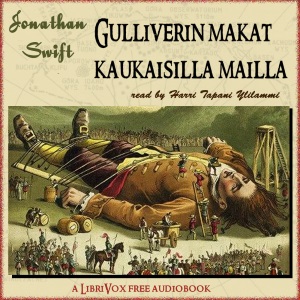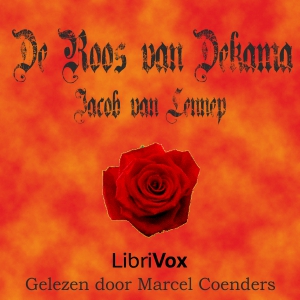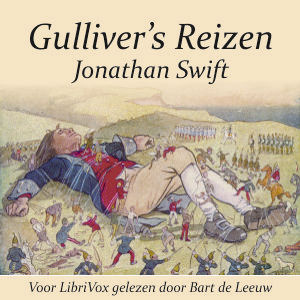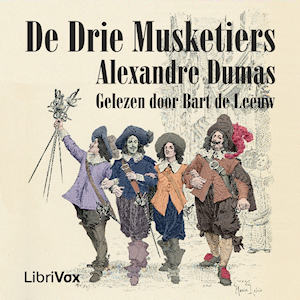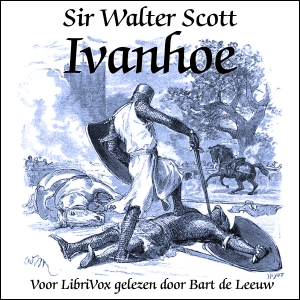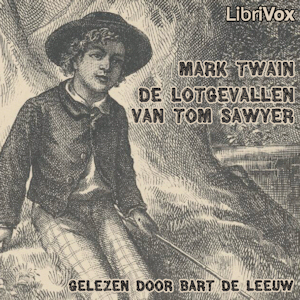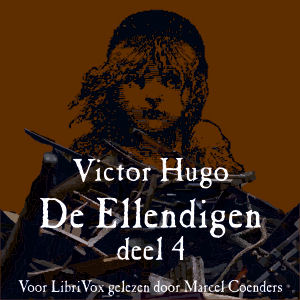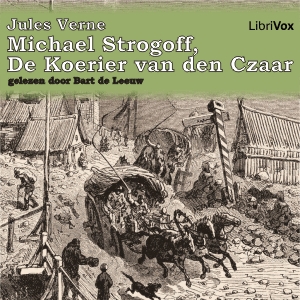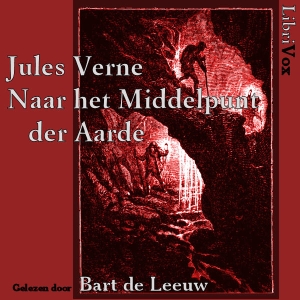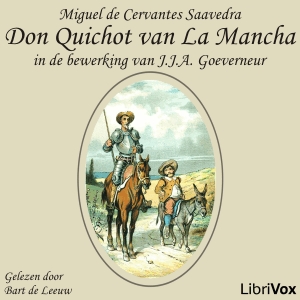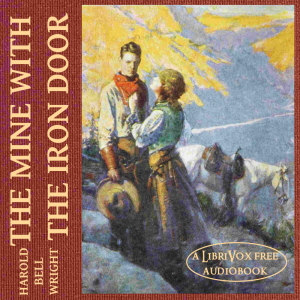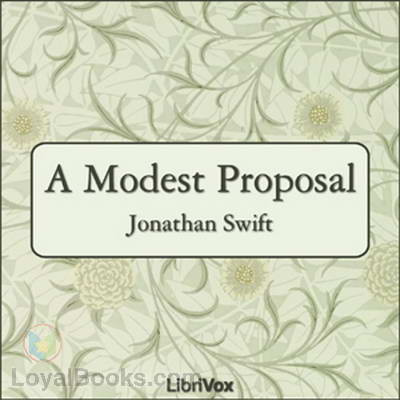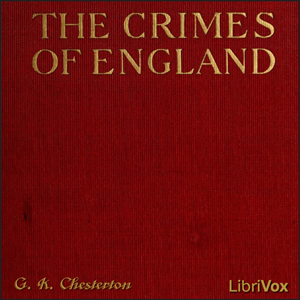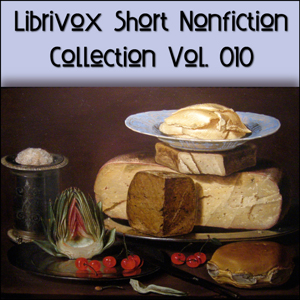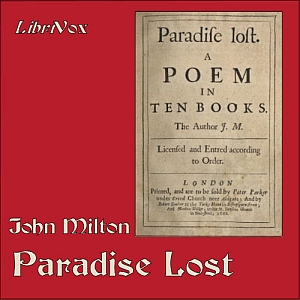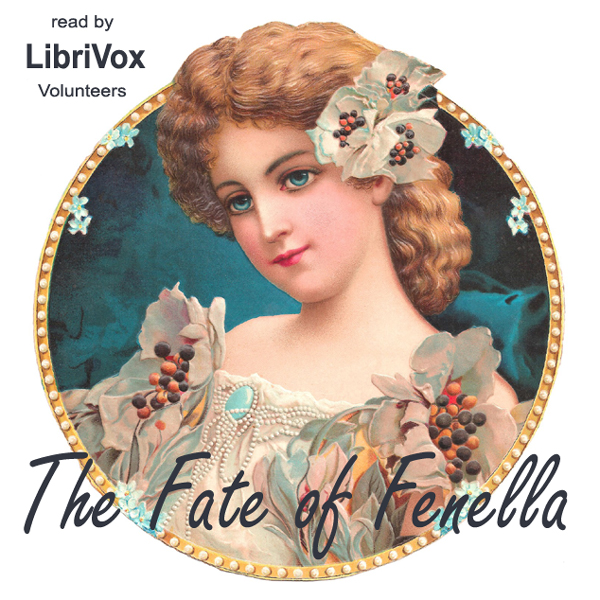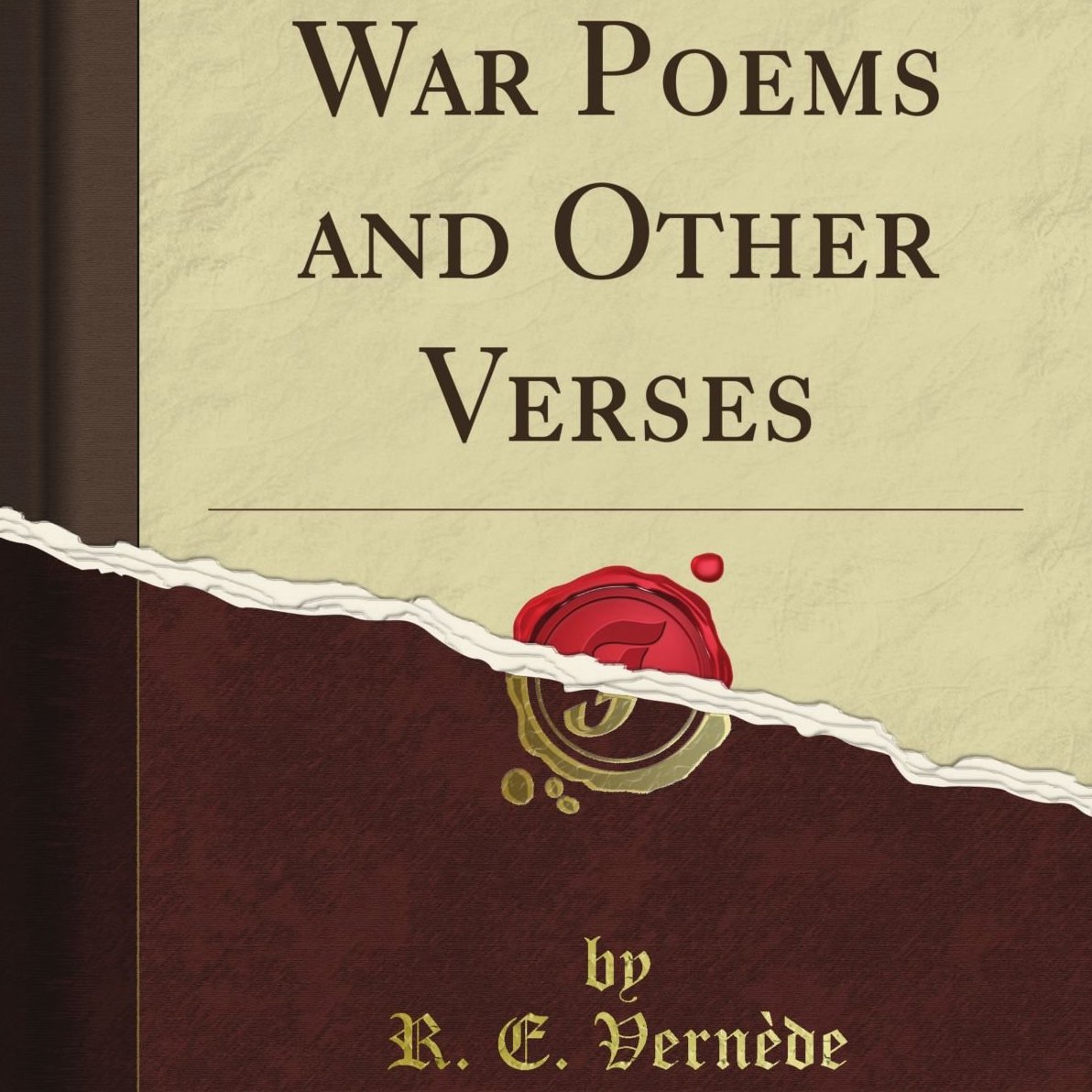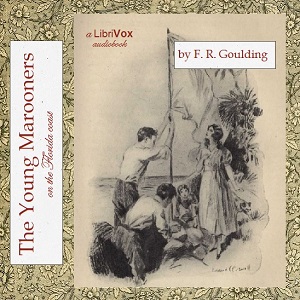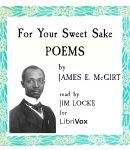

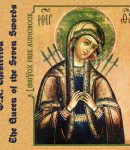
Queen of the Seven Swords
A collection of poems by G.K. Chesterton, centered around the Blessed Virgin Mary. The title is in reference to the seven sorrows of Mary. “And thy own soul a sword shall pierce, that, out of many hearts thoughts may be revealed.” (Luke 2:34) (Summary by Maria Therese) [chương_files]
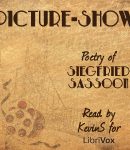
Picture-Show
One of Sassoon’s earlier collections of poems. This book is particularly interesting as Sassoon begins a transition toward poetry unrelated to war. There are still war poems found here, but there is also an exploration of the coming of modern times and even Sassoon’s look forward for himself. – Summary by KevinS [chương_files]
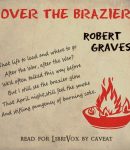
Over The Brazier
This book was the first published of Robert Graves’ early poetry, from about fourteen to twenty years of age, and published during his time in the trenches in WW1, as a Captain in the Royal Welch Fusiliers. His subsequent friendships with both, Wilfred Owen, and Siegfried Sassoon, put him in the fore with the “War Poets”. And whilst he himself believed that he was primarily a poet he is chiefly known now for his historical novels of, “I, Claudius,” and “Claudius the God”. I am happy to read this early verse into the catalogue. – Summary by cavaet [chương_files]
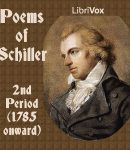
Poems of Schiller – 2nd Period
Poems by Friedrich Schiller in his second period 1785 onwards. – Summary by Alan Mapstone [chương_files]
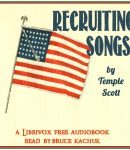
Recruiting Songs
This rousing collection of poems is sure to bring out patriotic sentiments in us all. These works were written with the glories of victory in mind – victory based on dignity and basic human rights for all. The strident call to arms expressed here can’t help but stir the soul and inspire the imagination with thoughts of a vanquished enemy and the triumph of a defender of truth and liberty. The concept of hope, as elusive as it may be amid the field of battle, is always an asset when possessed by those in combat. This hope, this aspiration of a brighter future accompanied by a strident call to join the war effort is so aptly portrayed by poet Temple Scott. Here are a series of awe-inspiring songs of the splendor of victory, the anguish of defeat and, ultimately, the appeal to a higher power for guidance – in the words of Scott, “Though tempest-tossed and battle-scarred, we still aspire Thy way to tread”. – Summary by Bruce Kachuk [chương_files]

When Day is Done
Edgar A. Guest is sometimes known as the “people’s poet,” noted for his homespun verses of everyday American life and traditional values of home, family, country and faith. This is a collection of his poems reflecting these themes with warmth and humor. (Summary by Larry Wilson) [chương_files]
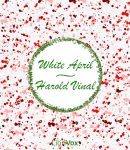
White April
In five section parts, Golden Windows, Sonnets for Weeping, Of Mariners, White Glamour, and Overtones, Harold Vinal writes about deep feelings regarding people, places, and the beauty of nature, with often raw heartfelt emotion. – Summary by Laurie Banza [chương_files]
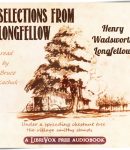
Selections from Longfellow
These are twelve magnificent poems that convey the brilliant talent of Henry Wadsworth Longfellow at its best. These are poems that speak of life, that speak of daily toil and that speak to the common man, the lover, the survivor, the grief stricken – and to those who aspire to be visionaries in a mundane life of perplexity and inexplicable profundity. These are twelve poems that capture a cross-section of life and describe it in ways both practical and prophetic. These are poems that take us on a journey, a journey from the commonplace to the mystical, from the routine to the unexpected, from loss to rebirth, from tyranny to triumph, “In the perpetual round of strange / Mysterious change”. Longfellow’s “mysterious change” is the essence of life, the elixir of existence – that which has bewildered and confused, which has engendered the eternal quest for meaning. These are poems that address this quest and supply new and enabling ideas to further mankind’s ceaseless pursuit of knowledge; poems that suggest, as in the daily mission of “The Village Blacksmith”, “Thus, at the flaming forge of life, / Our fortunes must be wrought”. – Summary by Bruce Kachuk [chương_files]
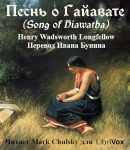
Song of Hiawatha / Песнь о Гайавате
Иван Бунин опубликовал перевод «Песни о Гайавате» (The Song of Hiawatha) в 1896 г. Его перевод до сих пор считается непревзойдённым. – Summary by Mark Chulsky [chương_files]
